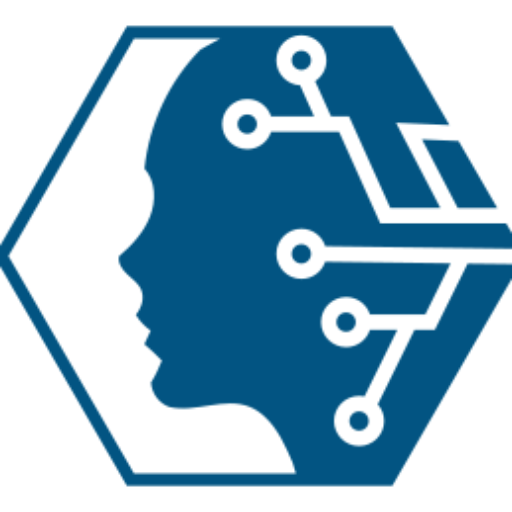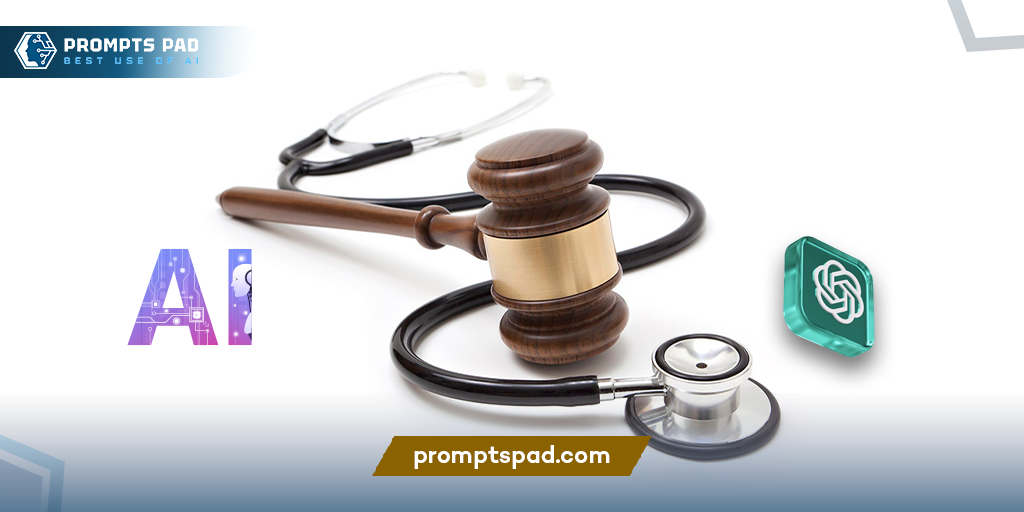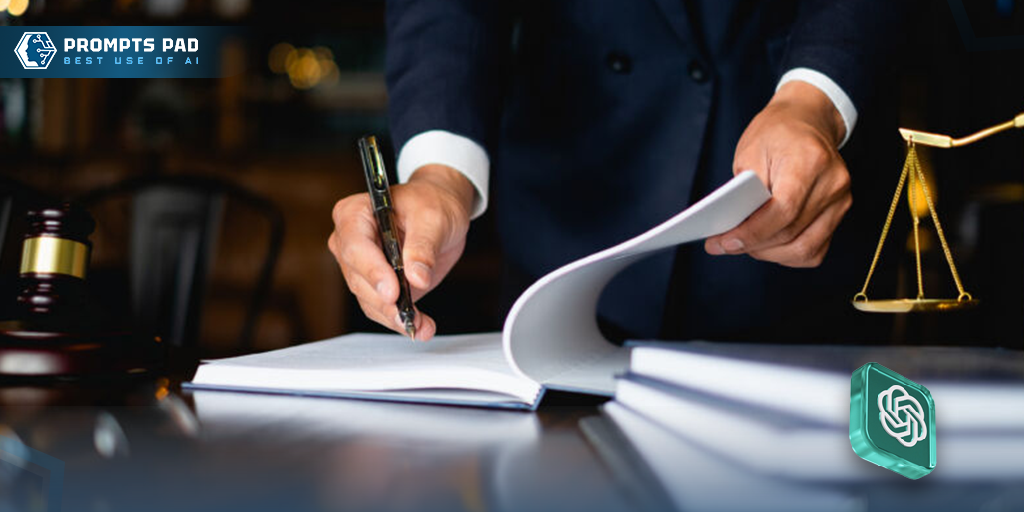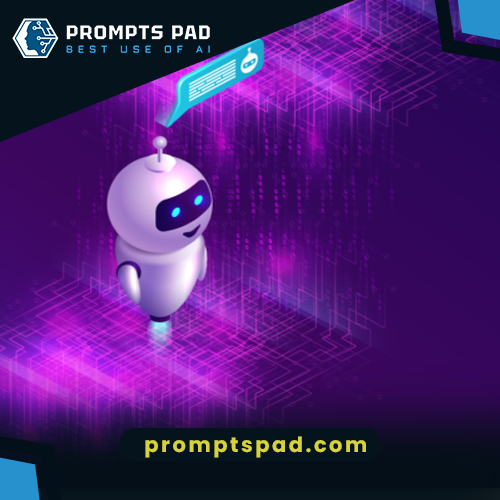Lawyers can use ChatGPT to create targeted inquiries by entering case-specific information, which allows for a more in-depth examination of possible negligence indicators. In addition to streamlining the research process, this dynamic interaction between legal experience and AI support improves the scope and depth of legal evaluations. It is recommended to cross-check the information provided by ChatGPT before using it for legal purposes.
Here are prompts for references;
- As legal counsel, I'm examining medical records in a case involving a cardiac surgery patient who developed a severe postoperative infection. The client claims that negligence during the surgery led to complications. Please assist me in identifying potential signs of negligence in this scenario.
- I'm investigating a case where a patient alleges a delayed diagnosis of cancer, leading to a worsened prognosis. The client believes negligence occurred in the oncological care. Please provide your assistance in evaluating potential negligence based on the medical records related to the cancer diagnosis.
- I'm representing a client who claims negligence in an obstetric case, specifically involving birth trauma. The client alleges that inadequate care during labor resulted in harm to the newborn. Please assist me in examining the medical records to assess potential negligence in this obstetric case.
Here is the link to the result generated by ChatGPT;
https://chat.openai.com/share/5c3b2510-eaa1-45b0-af30-f77b9581e33d







